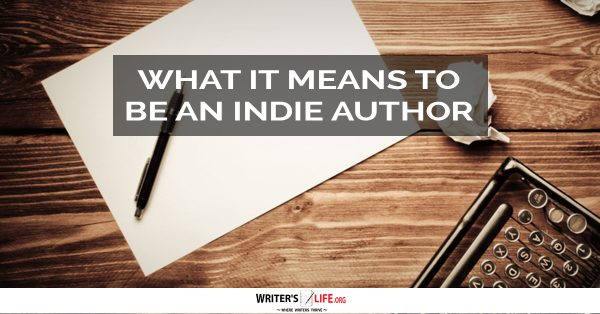- How To Tackle Jealousy In Creative Writing
- Common Submission Mistakes
- How To Stop Your Blog Becoming Boring
- The One Thing Every Successful Writer Has In Common
- How To Make Yourself Aware Of Publishing Scams
- Why Almost ALL Writers Make These Grammar Mistakes At Some Point
- 5 Tips For Authors On How To Deal With Rejection
- Top Mistakes to Avoid When Writing a Novel
- How to Avoid Common New Writer Mistakes
- 10 Mistakes New Fiction Writers Make
What It Means To Be An Indie Author

The term indie author hasn’t been around forever. In the past being a self-published author was called just that and was akin to when internet dating first came out. You wanted to do it, but you didn’t want to tell anyone about it, full of concern that the outside world would see you as a failure, or perhaps a little desperate.
Now, just as internet dating has become the norm for singletons all over the world, self-publishing is common, and in many cases the preferred route for a number of authors.
There are, however, still many misconceptions about what it means to be an independent author
Barry Eisler, best-selling American author defined self-publishing as meaning ‘you keep the rights to your book and publish it yourself using distributor/retailers like Amazon, Apple, B&N, Kobo, Smashwords, and Sony, typically retaining 70% of the cover price instead of the 17.5% offered by legacy publishers (for digital editions). This isn’t what “most people” mean when they say self-publishing; it’s what everybody means when they say self-publishing’.
Many indie authors, however, object to being grouped into the same category as every other self-publisher. Because, in reality, self-publishing has allowed anyone and everyone to publish their own book, and the concern that there is no difference in label between those authors who pop their unedited musings on Amazon and those authors who dedicate time, and money and pour considerable passion into their craft is a concern that many quality authors feel.
This is perhaps why the term ‘indie author’ has been coined by those authors who want a new label, one that demands to be taken more seriously, and does justice to the effort involved.
Some believe that to define oneself as an indie author you must be truly independent and have no attachment to a publisher of any kind. Many independent authors are now setting up their own companies and only using the distributor i.e. Amazon as the middle man. Everything else is handled directly by them.
An indie author is a businessperson, one who has made the conscious decision to take control of their book publishing, who handles all the costs and income, and treats the marketing, the editing, and the publishing as part of their business. They do not self-publish because they are desperate to see their work in print, rather they have weighed up the pros and cons and have made the decision that being in control will bring them the most beneficial and lucrative result. Through their business, they employ professionals such as editors and cover designers to work on their product and make it the best it can be.
However, it is important to consider whether an indie author, having been offered a traditional publishing deal, would turn it down in favour of continuing to publish independently. It is probably fair to say that many would still jump at the chance. There are, of course, some indie authors who have decided to reject the mainstream publishing process and are vocal in their opinion of it, but the idea that all indie authors are disparaging of traditional publishing deals is something that perhaps we should move away from.
At the end of the day the most important point to remember is that we are all authors at the end of the day and whether we chose to self-publish, hybrid publish, get an agent, target niche small press or huge publishing houses, we should be supportive of one another regardless of which route we think works best for us. Whichever path you take, it's still a lot of hard work after all!
The fantastic thing about indie publishing is that there is room for everyone. It allows any writer to write about whatever they love and have a chance to find readers who will love it too.
Only we as individuals know how much time, energy, blood, sweat and tears have gone into our work, and as long as we continue to try to do our best, then being an indie author is a badge we can wear with pride.

Bethany Cadman -author of 'Doctor Vanilla's Sunflowers'





























